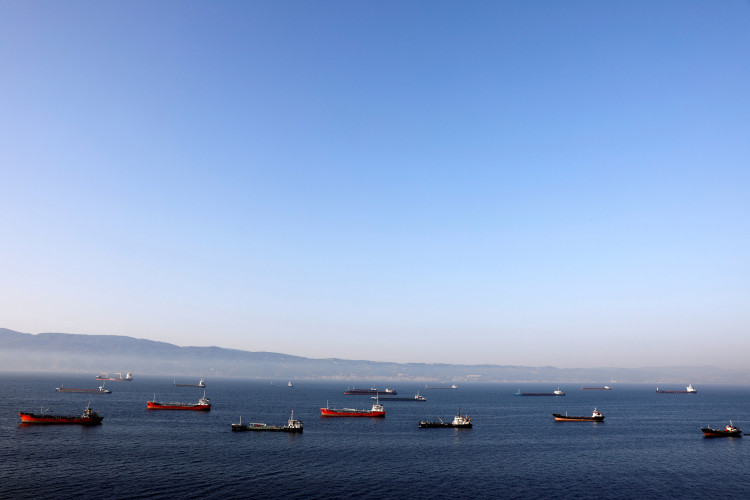Iran is now offering its oil and gas at discounted prices to its Asian clients as it braces for the upcoming implementation of the renewed economic sanctions from the United States this November, a report from Iranian state news agency, IRNA, indicates.
Citing an unnamed source with first-hand knowledge of the issue, current reports indicated that this recent move by Tehran, through its executing arm in the government, the Ministry of Petroleum, should be considered as an industry trend expected to occur from time to time.
"Discount is part of the nature of the global markets being offered by all oil exporters," the person of reference reportedly told IRNA.
Last week, the country's own National Iranian Oil Company confirmed that it has officially implemented a major price roll back on its oil and gas imports heading for Asia for the month of September. Barrel prices from Iran are now expected to be at an all-time low since the Gulf nation has done it way back 2004.
For China, in particular, the economic sanctions set by the US shouldn't be able to affect its oil trade relations with Iran.
Andrey Yu, China Petroleum and Chemical Industry Federation's (CPCIF) international office chief, said that China doesn't take heed to the current demands of Washington regarding the procurement of crude supply from Iran, and they will continue to make the trade regardless.
Yu made it clear further that the price fluctuation of oil in the global market shouldn't anymore be dictated nor influenced by the US, as the Western powerhouse often did in the past.
As previously reported here on the site, Beijing will carry out its usual order of crude products from Tehran with no plans of increasing the volume, anytime soon.
The Xi Jinping administration has made it clear in the past that it won't tolerate unilateral sanctions, which is currently being imposed by the Trump government.
Furthermore, China is confident that its decision to uphold its trade and economic ties with Iran coincides with the resolutions proposed by the United Nations Security Council.
Washington's Withdrawal
In May this year, the White House pulled out from the Joint Comprehensive Plan of Action (JCPA) - a treaty which delimits Iran's nuclear activity in the Gulf region. The UN, with the US, included, then lifted the economic ban placed on Iran, giving the country the leeway to make a trade with its primary source of revenue, crude oil.
Findings from US intelligence reports, however, indicate Tehran's violation of the pact, thereby causing Trump to once again carry out the economic restrictions.






